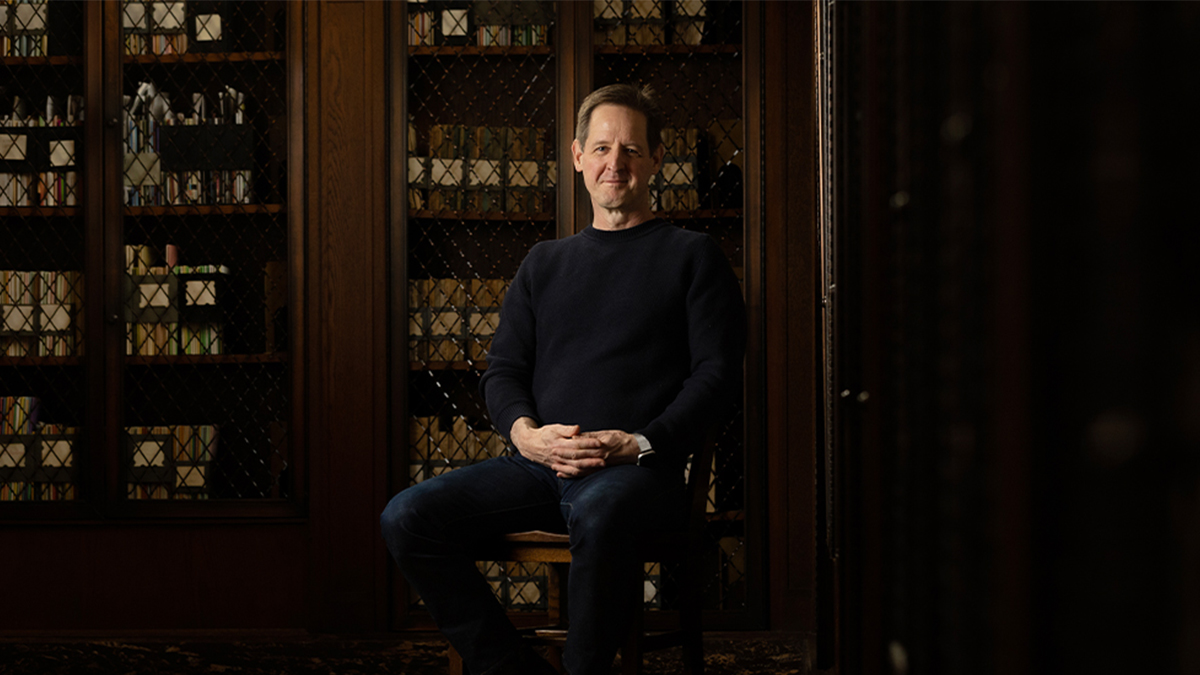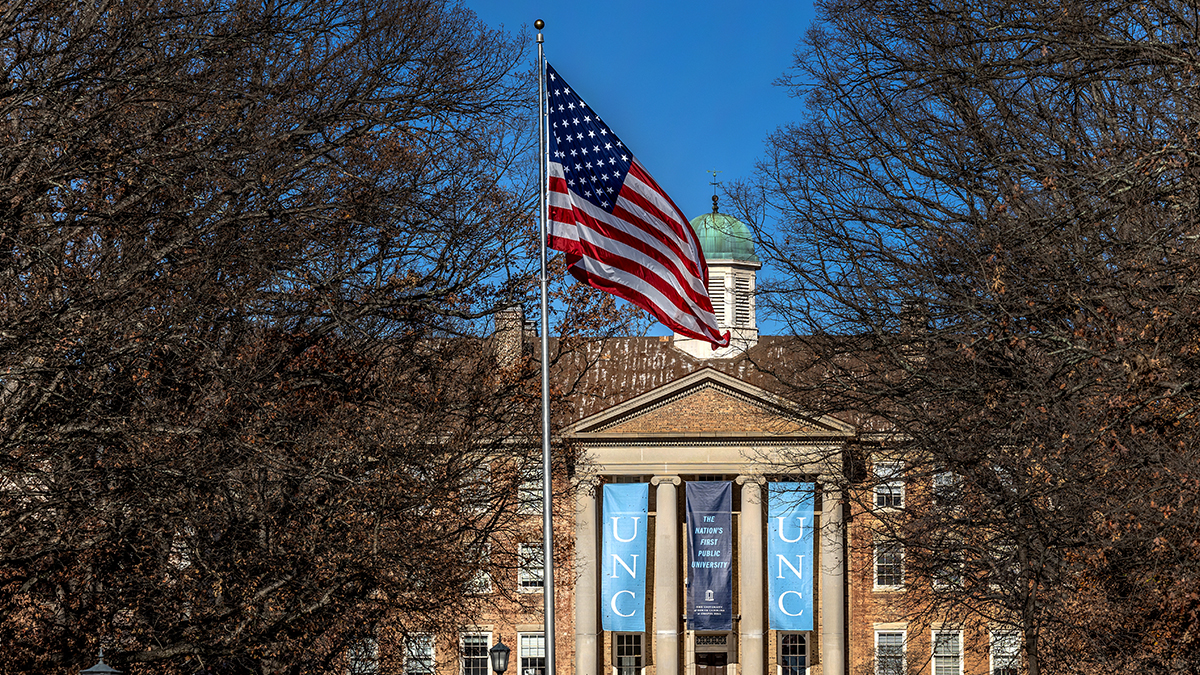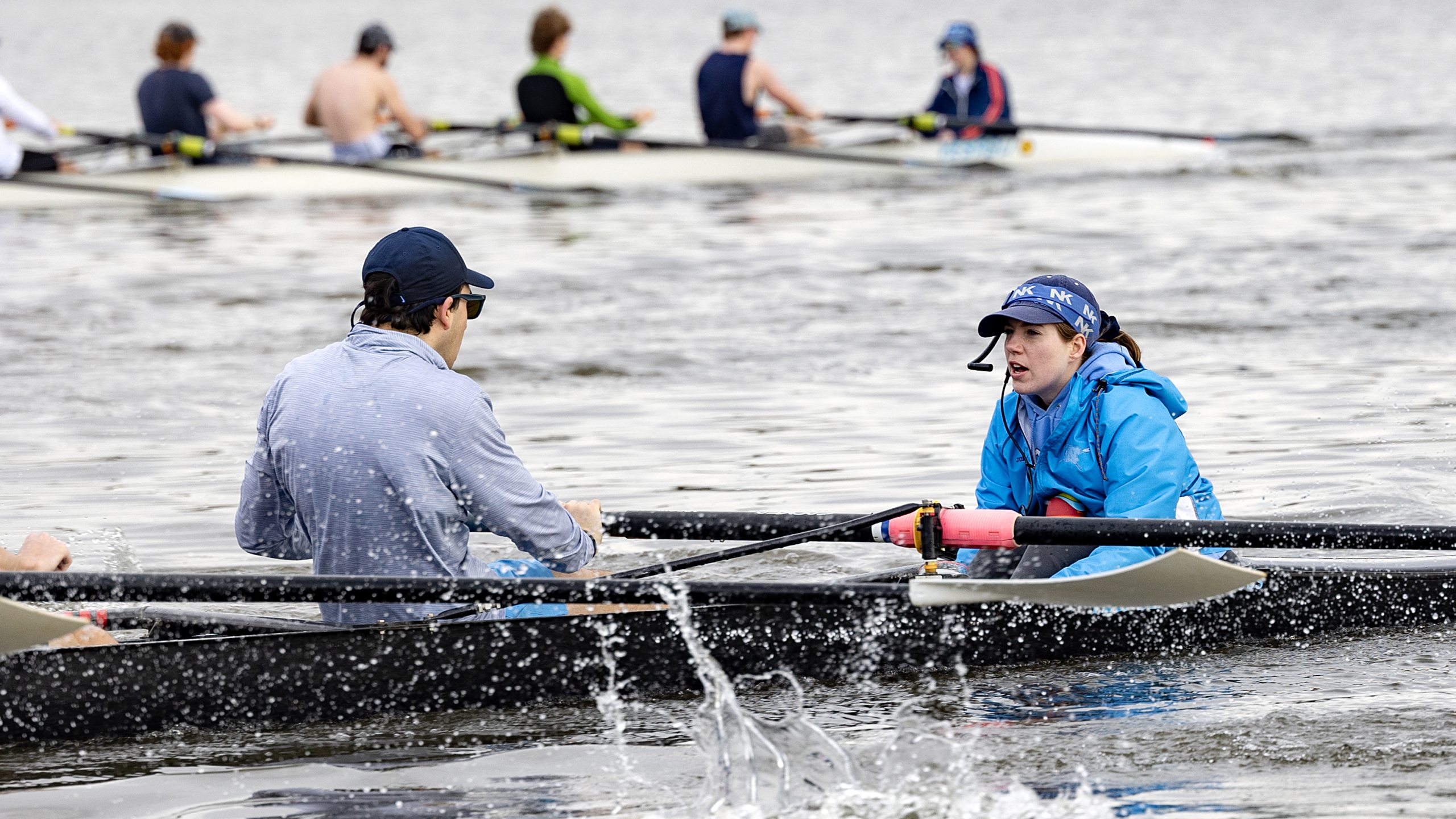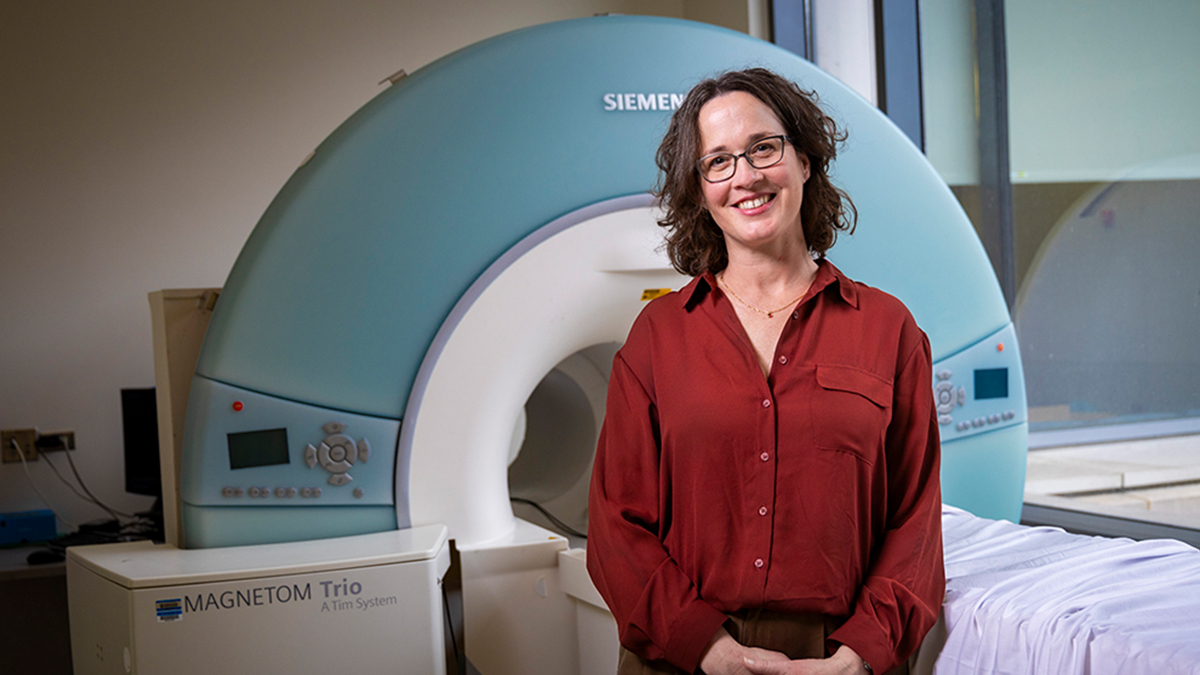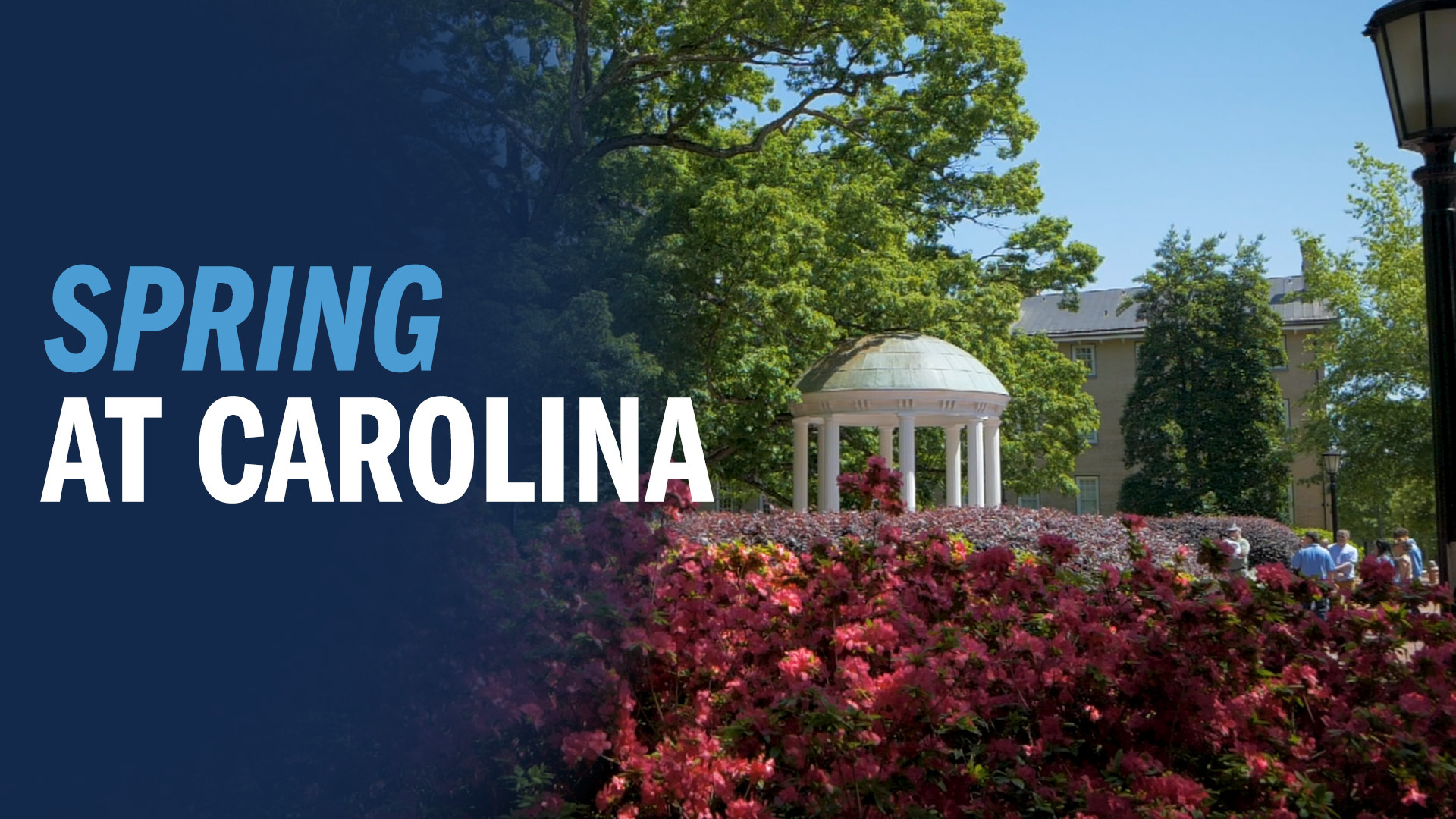UNC-Chapel Hill hosts third annual Royster Global Conference
This year’s conference focused on the theme of borders and showcased how various disciplines define or interact with them.
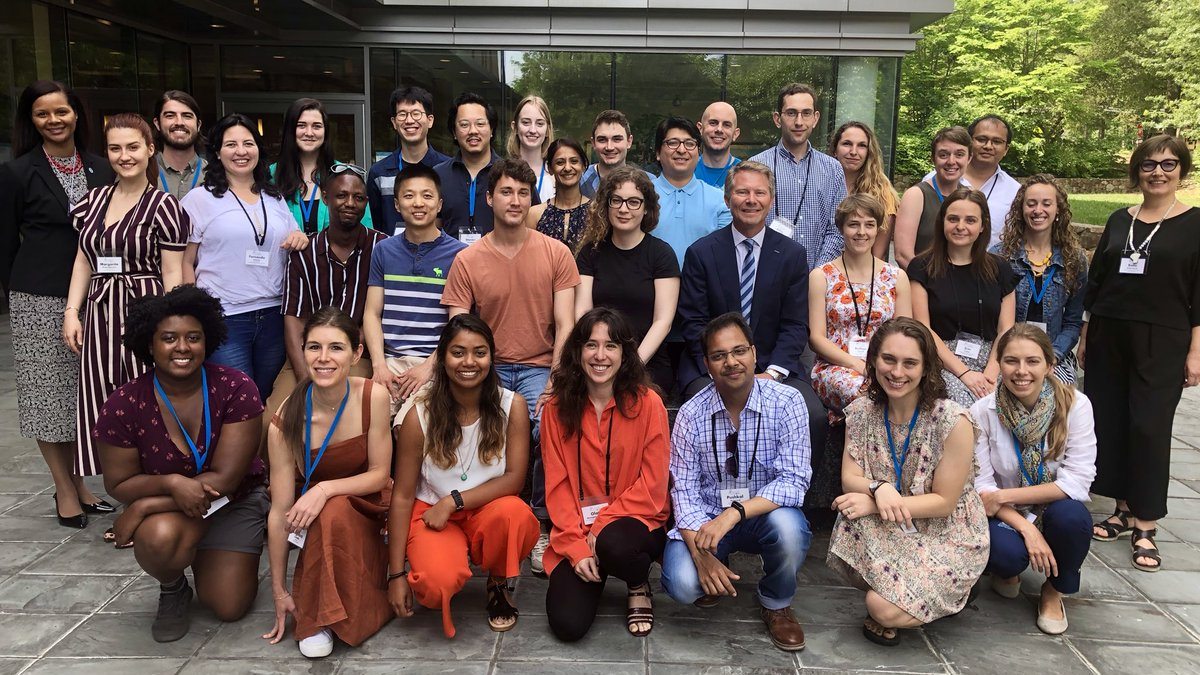
Graduate students from Carolina and four of its closest strategic partners recently had the opportunity to network and share ideas on the topic of borders, as a part of the third annual Royster Global Conference.
This year’s conference, which took place May 28 to 31 on the UNC-Chapel Hill campus, focused on the theme of borders and showcased how various disciplines define or interact with them.
The Royster Global initiative is part of The Graduate School’s Royster Society of Fellows, an interdisciplinary fellowship program providing funding and many other unique resources to UNC-Chapel Hill doctoral students. Royster Global seeks to increase international engagement within graduate education across borders and prepare students for increasingly global research and employment opportunities, said Jennifer Gerz-Escandón, associate dean for interdisciplinary education and fellowship programs at The Graduate School.
As part of this effort, Royster Global has organized conferences that give students from different academic disciplines and countries the opportunity to learn from one another. The previous two conferences focused on graduate education and the civic role of the university and produced white papers that reflected on the ideas and themes discussed during each conference.
Graduate students from King’s College London visited UNC-Chapel Hill during the summer of 2017, and Royster fellows visited KCL in the summer of 2018. This year, the conference included graduate student participants from three partner institutions in addition to KCL and UNC-Chapel Hill: Tübingen University in Germany, National University of Singapore and Universidad San Francisco de Quito in Ecuador. Altogether, about 45 doctoral students participated, with more than 25 academic disciplines represented.
UNC-Chapel Hill professors and administrators, and graduate students from all participating institutions led talks, panels and presentations throughout the four days. Topics of discussion were as diverse as rethinking ethical boundaries in research and Chinese foreign aid in African countries, providing students from a variety of backgrounds and areas of expertise a chance to engage with one another’s work and share fresh insights.
“It was inspiring to spend the week with doctoral students from around the world, exploring borders, bordering practices and border-crossings in our research, disciplines and professional lives. We shared our interests and scholarship and built new skills, knowledge, and interdisciplinary and global connections. We also forged new friendships and networks,” said Banu Gökarıksel, Royster Distinguished Professor for Graduate Education at UNC-Chapel Hill.
Participants were welcomed by Interim Chancellor Kevin M. Guskiewicz and Gerz-Escandón.
Other events included a discussion of the white paper produced at the 2018 conference, tours of campus and the Ackland Art Museum, panel discussions, workshops, networking events, a talk from Interim Dean of the College of Arts and Sciences Terry Rhodes and a closing dinner featuring Steve Matson, dean of The Graduate School. Participants also attended the Southern Cultures Film Series to view documentaries on cultural and societal borders in the U.S. South.
Katie Bowler Young, director of Global Relations at UNC-Chapel Hill and liaison for the KCL partnership, said she is excited about the new possibilities that the Royster Global initiative has brought forward on campus.
“Graduate education is one of the most essential facets of our international activity. Our longstanding partner King’s College London has worked with us to create more opportunities for international, interdisciplinary graduate education, and I’m thrilled that this year we’ve been able to include some of our other strategic partners,” said Young. “This work has provided us with a framework for similar activity in the future.”
